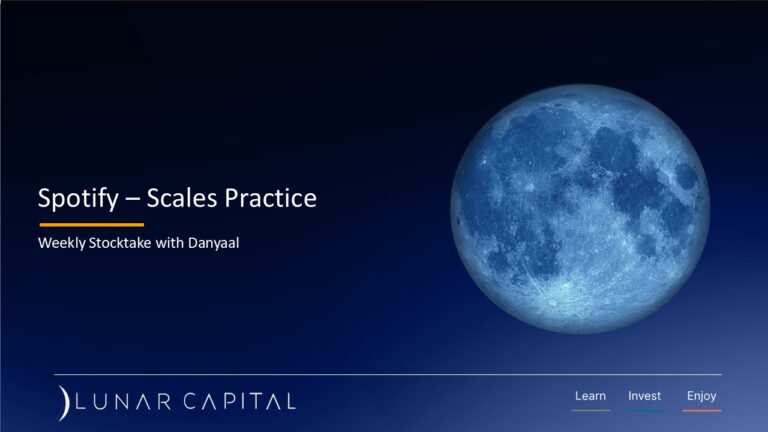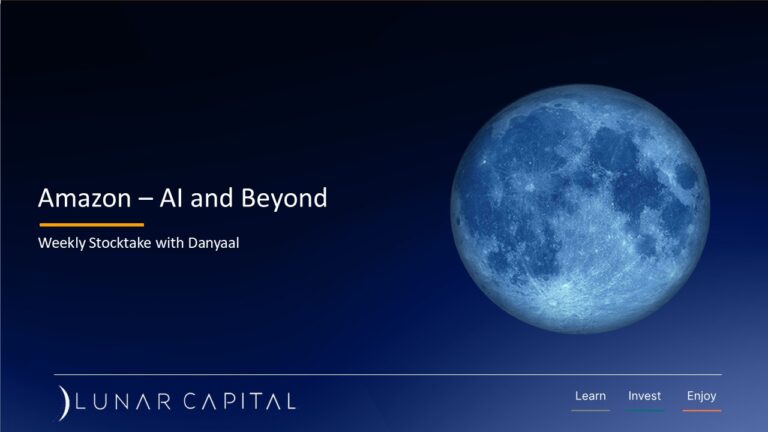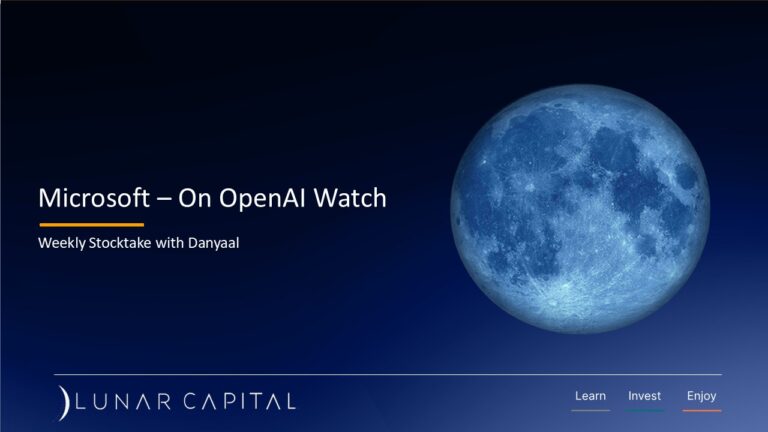Last week, Birkenstock Holding, along with the majority-shareholder private-equity firm L Catterton, raised approximately $1.5 billion through an initial public offering (IPO) for the German shoe brand, Birkenstock. About one-third of the proceeds were allocated towards alleviating some of Birkenstock’s existing debt, while the remaining portion was distributed to L Catterton. Birkenstock was valued at $9.3 billion, with an IPO price of $46 per share.
Birkenstock, founded in 1774 and known for their iconic cork-based sandals, had a majority stake acquired by L Catterton in 2021. It valued the company at $4.8 billion at the time. L Catterton, backed by LVMH (the luxury brand conglomerate,) said they bought the stake with the intention of increasing Birkenstock’s presence in India and China; and also increasing its direct-to-consumer segment. Between 2020 and 2022 fiscal year-end, sales for Birkenstock increased from $771 million to $1.24 billion, with direct-to-consumer sales making up 38% of the sales in 2022.
In addition to prioritizing direct-to-consumer sales, the company has developed strategic collaborations with luxury fashion labels like Dior and Manolo Blahnik. These co-branded shoes, despite selling far less in terms of volume, command much higher prices (and higher gross margins). Some of these co-branded sandals can go for us much as €1600; while Birkenstock’s standard models, like the Barbados, are priced at approximately €45.
One of the reasons Birkenstock sandals are popular is because they are designed to distribute your body weight throughout your entire foot, rather than on specific pressure points like your heels or balls of your feet. They are also adjustable for different foot widths and the cork footbed gets moulded to the shape of your foot. Originally developed as orthopaedic shoes, Birkenstocks now have a cult like following, and were featured in the recent Barbie movie which has led to further interest in the brand.
Birkenstock’s shares fell by over 20% last week from its IPO price. IPO’s are used to raise capital for growth initiatives, debt settlement, or to provide liquidity to the shareholder base. Private-equity firms often use IPO’s to realise value from an investment that they made in a company. This often leads to large tranches of shares being available in the market post the IPO: resulting in a drop in the share price. This is one of the reasons that we, at Lunar Capital, generally avoid buying shares in a company when it IPO’s.
LVMH is held by Lunar Capital’s Offshore Portfolio clients.
Click here to access your account to view statements, obtain tax certificates, add or make changes to your investments.
Our email address is: [email protected]
Disclosures
Lunar Capital (Pty) Ltd is a registered Financial Services Provider. FSP (46567)
Read our full Disclosure statement: https://lunarcapital.co.za/disclosures/
Our Privacy Notice: https://lunarcapital.co.za/privacy-policy/
The Lunar BCI Worldwide Flexible Fund Fact Sheet can be read here.
This stocktake is prepared for the clients of Lunar Capital (Pty) Ltd. This stocktake does not constitute financial advice and is generated for information purposes only.





